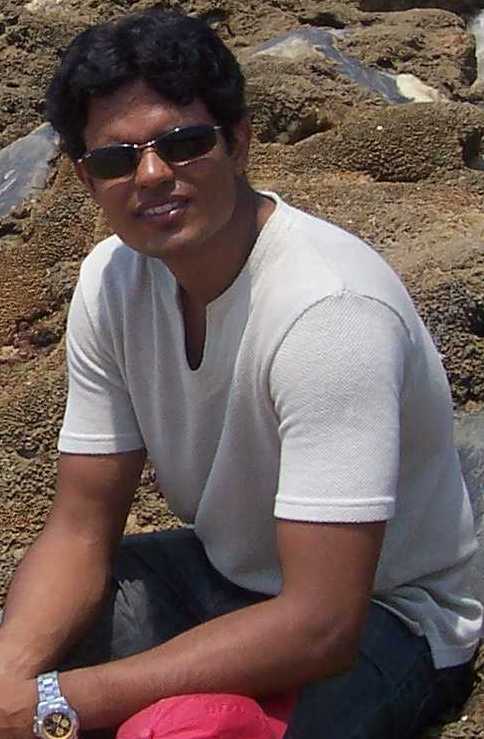I have been experimenting with "Running on Empty", which loosely defined translates to running on a carb depleted state. I now regularly run all my morning runs on a overnight fast of about 10hours, by which time the blood glucose is almost depleted.
More from curiosity than anything else, I decided to be a Cyborg for 2 weeks - to try the UltraHuman program from the Bangalore based start-up. It uses a sensor patch which detects interstitial fluid to measure glucose via a probe. The patch transmits live glucose data to the "Continuous Glucose Monitoring" (CGM) app.
Day0:
Wearing the sensor. The product comes in a sleek package. During the recommended overnight fast before inserting it, I was quite anxious. Esp. after the instruction video indicated that there could be a "few drops of blood splatter". My heart rate went up as I inserted the plunger into my arm, cringing for pain, but lo! nothing happened. I was a Cyborg!!
After a warm-up, there is an apparent, 24hr calibration period. My sensor went flat during this time (see pic below). The customer service was prompt and shipped a replacement the very day.I had to peel off the dysfunctional one and do the insertion all over again, minus the anxiety this time. It did take that 24hr to calibrate, see the night readings being haywire on day one below.
It was pretty awesome to see the readings and the variations - preprandial, postprandial and nocturnal - live and on the app. Also, the gamification built into the app, with a KPI of "metabolic score", it kept me checking the app quite often in those days. My glucose range stayed within the recommended range of 70mg/dL to 110mg/dL.That got a bit boring and I decided to "run" some experiments! These are not your typical "I order XYZ from restaurant ABC on swiggy and my glucose went up to 180..." experiments.
The guinea pig (read: me) has been on a "fat optimization" journey for the last few years. Bear with me, these were with n=1, age: 41kg; BMI: 21, with no randomized or blind test control sets.
Experiment #1: Tempo paced run
Treatment2: with carb intake at 5k and 14k during the run
The near linear drop in the glucose level on the top graph is probably an interpolation, but the important thing to note is that the end state glucose level at 8am. In the empty state, it was 60mg/dL, whereas with the gels it was at 70mg/dL. Also notice how the body recovered from the 60mg/dL to 70s without any card ingestion post workout. This probably indicates Gluconeogenesis, where the body is breaking down protein and fat and converting into glucose. Read more on this here -> Ultrahuman Blog
Result: No Perception of Effort (PE) effort with or without gels
Experiment #2: High Intensity Interval Training (HIIT)
Treatment1: overnight fast and '0' calories during
Treatment2: overnight fast, Gel (110k calories) after 6 intervals
Experiment #3: Easy 10k
Treatment1: overnight fast and with '0' calories during
Treatment2: 35hour water-only fast and with '0' calories during
Experiment #4: Long Slow Distance (LSD) 50k
Treatment1: overnight fast and with '0' calories during
Experiment #5: Typical day
Treatment1: No exercise, typical regular home-cooked food









